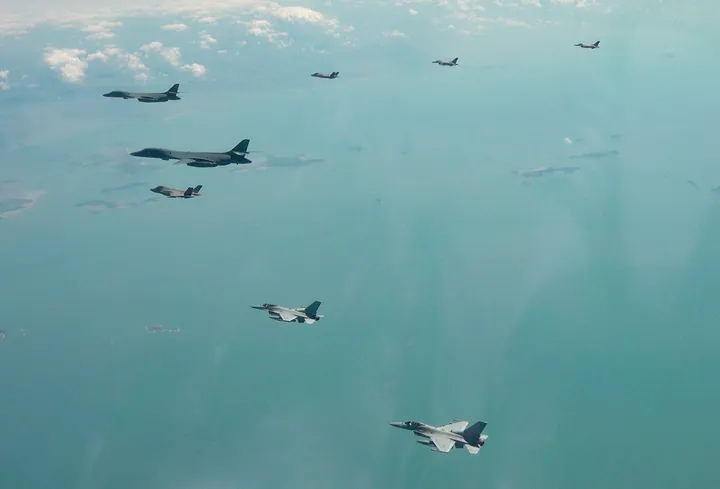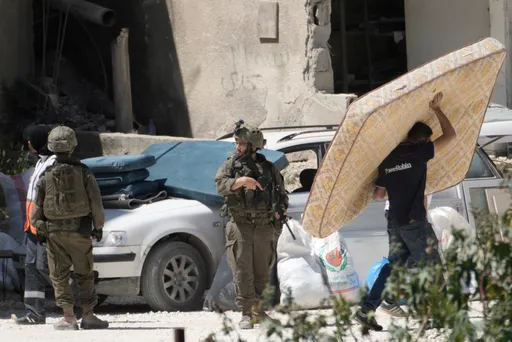At least 400 suspected drug users or leaders have been killed in the Philippines by police since President Rodrigo Duterte's inauguration last month, the police have boasted.
Another 210 others have been killed by vigilantes who were encouraged by Duterte's pledges of impunity.
Duterte, who said his top priority is to eradicate the drug menace, won a landslide victory in the country's May 9 presidential election.
He has repeatedly urged police forces to increase their efforts to eliminate drug-related problems in the country.
In his first State of the Nation address last week, Duterte said, "We will not stop until the last drug lord, the last financier and the last pusher have surrendered or been put behind bars or below the ground, if they so wish."
In a nationally televised speech in June, he stated ordinary citizens and communist rebels are also expected to help law enforcement officials in the country's war against drugs.
"If they are there in your neighbourhood, feel free to call us, the police or do it yourself if you have the gun. You have my support," he said.
If the suspects resist arrest "you can kill him. Shoot him and I'll give you a medal," he continued.
Around 300 anti-narcotics groups and human rights campaigners alarmed by the rising body count appealed to the United Nations on Tuesday to denounce the killings.
In a joint letter to the International Narcotics Control Board (INCB) and the UN Office on Drugs and Crime (UNODC), signatories said the rapidly rising number of deaths occurring on a daily basis is the direct result of President Duterte's "campaign to eliminate drug-related problems in the country."
"Instead of ensuring the protection and rights of people who use drugs, including the right to health and provision of voluntary, evidence-based drug treatment and harm reduction services, President Duterte has called for them to be killed."
Executive director of the International Drug Policy Consortium, Ann Fordham, said the "senseless killing" cannot be justified as a drug control measure.
"We are calling on the UN drug control bodies to publicly condemn these atrocities in the Philippines," she said.
"Their silence is unacceptable, while people are being killed on the streets day after day."
Some Filipinos think that Duterte wants to scare addicts to convince them to surrender. So far, almost 100,000 people have surrendered to the local authorities, pledging to quit using illegal drugs.
More than 4,300 people have been arrested on charges related to using or selling illegal drugs since Duterte took office.
The police records say that crime nationwide has fallen 13 percent after Duterte got elected, to 46,600 crimes in June, from 52,950 in May.
However, the situation in the country's prisons is getting worse with the increased number of inmates.
According to official numbers delivered by the government, Philippines' prisons have nearly five times more inmates than they were built for.
The Quezon City Jail, for instance, was built almost 60 years ago to house 800 inmates. But now, there are about 3,800 prisoners at that jail.























